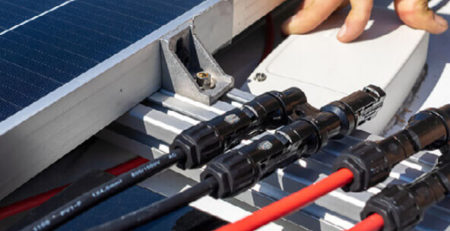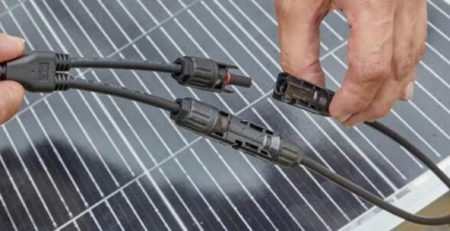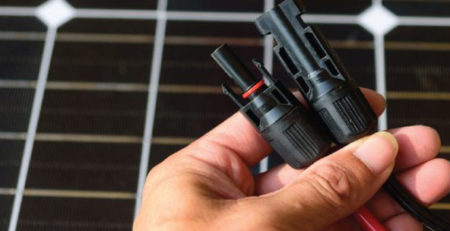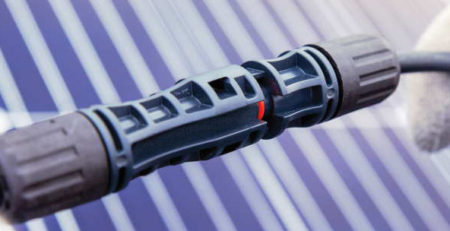The development trend of future 1500V photovoltaic MC4 connectors
The development trend of future 1500V photovoltaic MC4 connectors is likely to be influenced by several factors driving innovation and improvement in solar PV technology. Here are some potential trends and developments:
- Higher Voltage Ratings: As solar PV systems continue to increase in size and capacity, there may be a demand for even higher voltage-rated MC4 connectors beyond 1500V. This could enable the design of more efficient and cost-effective large-scale solar installations with longer string lengths and reduced electrical losses.
- Enhanced Safety Features: Future MC4 connectors may incorporate advanced safety features to mitigate risks associated with electrical faults, arcing, and connector failures. This could include improved insulation materials, enhanced locking mechanisms, and built-in arc detection and interruption capabilities.
- Improved Durability and Reliability: Manufacturers may focus on enhancing the durability and reliability of MC4 connectors to withstand harsh environmental conditions, temperature extremes, and mechanical stresses. This could involve the use of advanced materials, coatings, and manufacturing processes to extend the lifespan of connectors and reduce maintenance requirements.
- Smart and Connected Solutions: With the growing emphasis on digitalization and IoT (Internet of Things) in the energy sector, future MC4 connectors may incorporate smart features and connectivity options. This could enable real-time monitoring, data collection, and remote management of solar PV systems, enhancing performance monitoring, diagnostics, and maintenance.
- Compatibility with Emerging Technologies: MC4 connectors may need to adapt to accommodate emerging technologies such as bifacial solar panels, thin-film solar cells, and new module designs. This could involve modifications to connector design, contact materials, and insulation properties to ensure compatibility and optimal performance with evolving solar PV technologies.
- Standardization and Interoperability: Future MC4 connectors may continue to evolve towards greater standardization and interoperability to facilitate integration with other system components and ensure compatibility across different manufacturers and installations. This could simplify system design, installation, and maintenance processes while promoting market growth and innovation.
- Environmental Sustainability: Manufacturers may prioritize environmental sustainability in the design and production of MC4 connectors, utilizing eco-friendly materials, reducing energy consumption, and minimizing waste generation throughout the product lifecycle. This could align with broader industry trends towards sustainability and corporate responsibility.
Overall, the future development of 1500V photovoltaic MC4 connectors is likely to focus on meeting the evolving needs of the solar PV industry, including higher voltage ratings, enhanced safety and reliability, smart features, compatibility with emerging technologies, standardization, interoperability, and environmental sustainability. As solar technology continues to advance, MC4 connectors will play a crucial role in enabling efficient and reliable connectivity within solar PV systems.








Leave a Reply